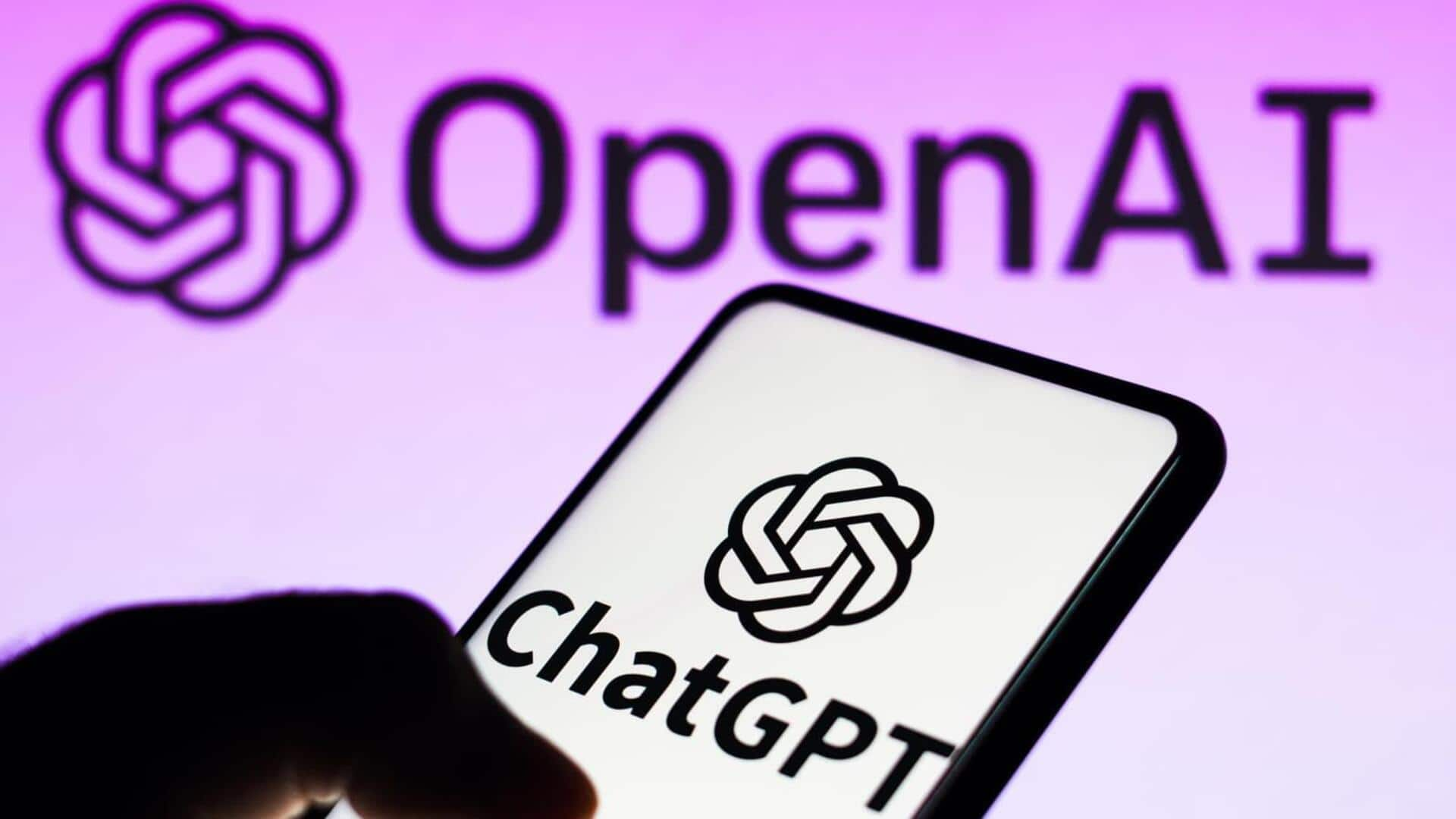
OpenAI's ChatGPT celebrates 1st anniversary: How it has evolved
What's the story
ChatGPT, OpenAI's groundbreaking AI chatbot, is celebrating its first anniversary today (November 30).
This incredible tool, built on GPT-3.5, can answer questions on almost any subject. Since its launch, ChatGPT has seen rapid adoption, a variety of innovations, several controversies, and a worldwide impact.
It is a generative AI tool that creates content instead of just analyzing or acting on existing data.
So, how has it evolved? Let us find out.
Details
Rapid growth and milestones
In just five days after its launch, ChatGPT gained nearly one million users and hit 100 million within two months, outpacing giants like Facebook, Instagram, and Google.
OpenAI released GPT-4 in March 2023, supporting 26 languages and offering major improvements.
The success of ChatGPT led to iOS and Android app launches in May and July 2023, as well as the introduction of the ChatGPT Plus subscription plan at $20 (around Rs. 1,668) per month.
What Next?
Concerns and controversies
ChatGPT has faced challenges like misinformation, hallucination, academic integrity concerns, and ethical implications.
Schools in New York City, US have banned ChatGPT over safety and accuracy worries.
Companies like Apple and JPMorgan Chase temporarily banned the chatbot due to concerns about generating inaccurate or misleading information.
Seven countries initially banned ChatGPT, but Italy later restored access.
Insights
New features and integrations
OpenAI made significant updates to ChatGPT, like expanding the context window size to 128,000 tokens and allowing it to browse the internet.
They integrated the text-to-image model DALL-E 3 for Plus and Enterprise users and introduced custom GPT features for users to create own applications.
OpenAI's Code Interpreter plugin became available for ChatGPT Plus users, enabling the chatbot to run code, create charts, analyze data, and more.
Voice chats were also launched for ChatGPT and extended to Android and iOS.
Facts
Future of AI innovations
As ChatGPT completes its first year, OpenAI is committed to researching and developing innovative AI solutions.
They've set up an ethical AI team to address concerns about biased or incomplete training data and transparency.
With the rapid pace of advancements in AI technology, we can expect OpenAI to introduce more groundbreaking features and improvements in the coming years, further shaping the landscape of artificial intelligence.